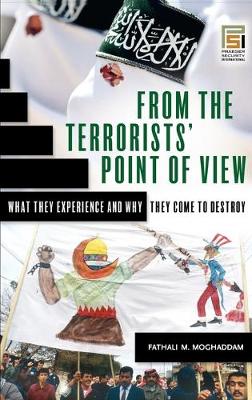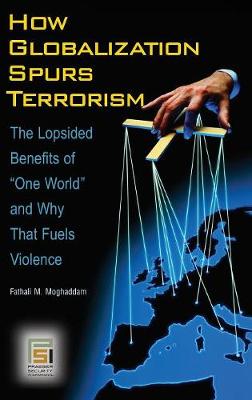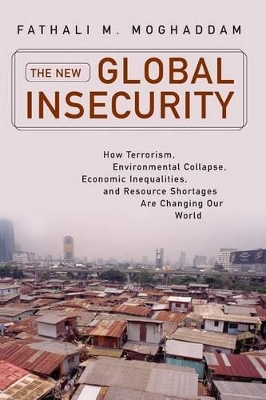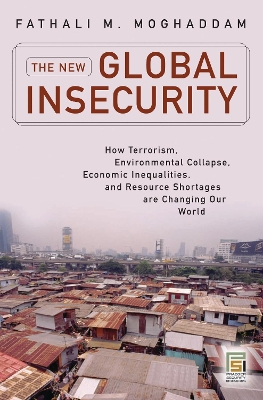Praeger Security International
4 total works
Looking at the perspective of the terrorist groups themselves, Moghaddam explains why current U.S. policy, focusing almost exclusively on individual terrorists and their eradication, will achieve only short-term gains. He argues that the more effective long-term policy against terrorism is prevention. That, he writes, requires cultivation and nourishment of contextualized democracy through culturally appropriate avenues. Only allowing people a greater voice and creating mobility opportunities for them will ensure that they do not feel a need to climb the staircase to terrorism.
Moghaddam shows us why globalization is resulting in what he calls catastrophic evolution, the rapid decline and disappearance of minority cultures and languages, and why that brings a clash of ideologies and the rise of extremism. There are also other dangerous trends, and those call for inspired solutions, springing from an understanding that traditional conflict-resolution, evolved in the shadow of the Cold War, is no longer effective and needs to change.
A noted conflict expert shows how accelerating globalization is causing dangerous global insecurity that must be met by new security models and policies.
The New Global Insecurity: How Terrorism, Environmental Collapse, Economic Inequalities, and Resource Shortages Are Changing Our World explores insecurity arising out of accelerating globalization. In this unique and forward-thinking work, psychologist Fathali M. Moghaddam, director of the Conflict Studies Program at Georgetown University, explains how and why worldwide insecurity is rising and what steps we must take to quell or reverse that insecurity to make the future of the world more peaceful.
The book first analyzes the elements and roots of global insecurity, discussing it in relation to terrorism, torture, economic instability, threatened identity, and religious fundamentalism. It then puts forward a new model for understanding security, wherein "soft security capital" serves as the enabling condition for "hard security capital." Finally, the current policies for managing diversity, "multiculturalism" and "assimilation" are both rejected in favor of an exciting new policy-"omniculturalism". Drawing on his years of study and expertise, Moghaddam likewise proposes a new policy for better managing intergroup relations in an insecure age.



